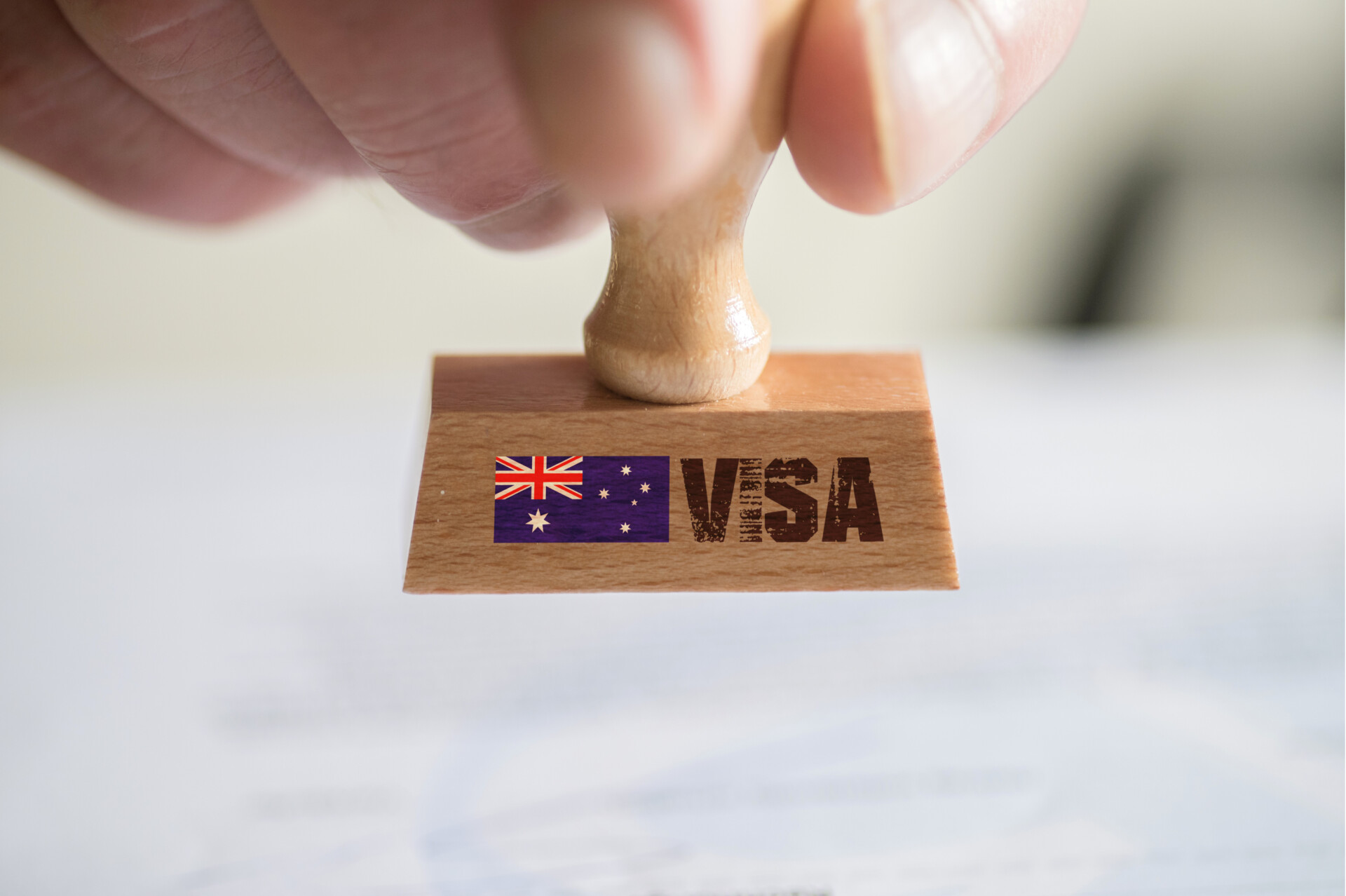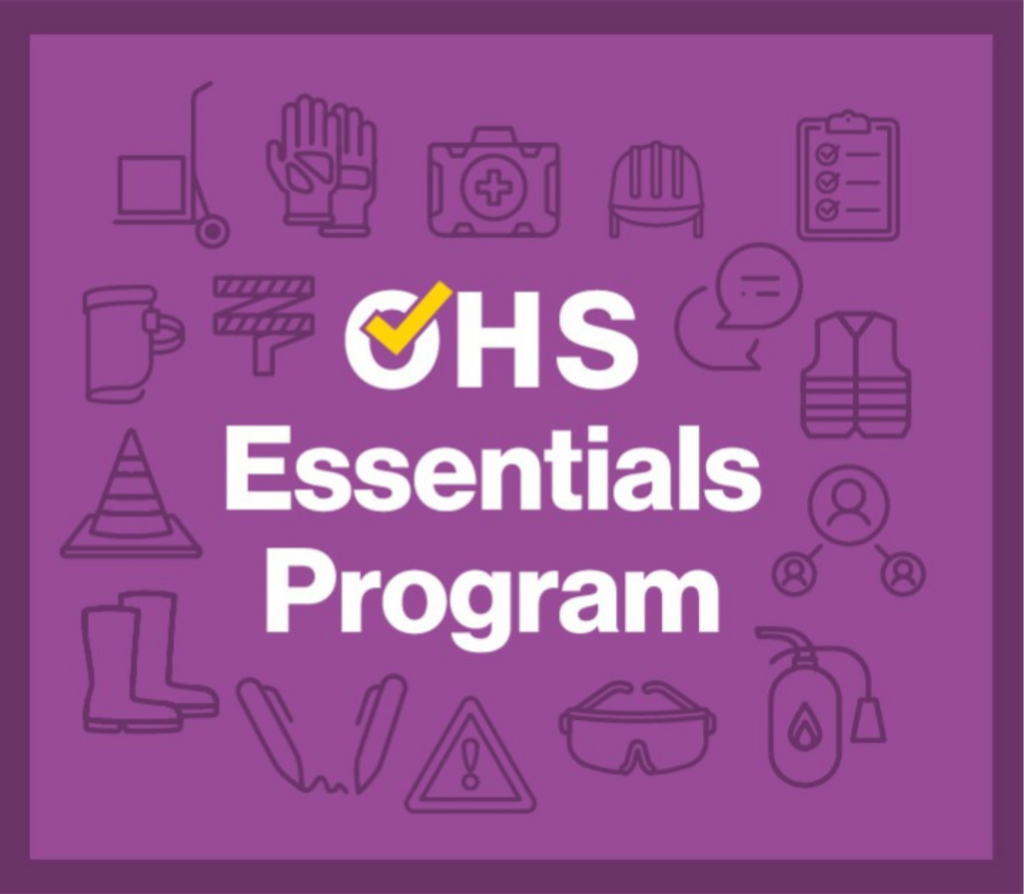In a recently declassified report entitled ‘Rapid Review into the Exploitation of Australia’s Visa System’ former Victorian Police Commissioner Christine Nixon addresses issues in relation to Australia’s visa system and the extent to which it is being unscrupulously exploited.
Part of the problem, but not the only one, is the role some education agents and providers are playing. In relation to VET, what she proposes is strengthened regulation of education providers and education agents.
Looking at the specifics
Importantly, a key aspect of this report is Finding 3: ‘The regulation of education agents must be considered, and the regulation of education providers strengthened to stop exploitation of the system.’ This is of particular relevance.
Nixon points to Australia’s gains from its focus on international education in terms of social, cultural and skilled workforce benefits as well as the contribution international education makes to the national economy. The report points out that, “of the approximately 4,000 VET providers in Australia, there are currently around 800 VET providers of international education.” As she also suggests, ASQA has identified “delivery to international students including detection and deterrence of non-genuine and high-risk providers” as one of ASQA’s regulatory 2022–23 risk priorities.
Nixon has proposed a series of recommendations to address these issues, including Recommendations 13 to 19 (see pages 16 to 18 of her report).
The relevant seven recommendations are as follows:
1. Recommendation 13: Consider regulating onshore and offshore education agents used by Australian education providers.
In her view, actions that would deliver on this recommendation include:
• Better engagement between key stakeholders, including the: Department of Education, Department of Employment and Workplace Relations (DEWR), Department of Home Affairs, ASQA, and TEQSA.
• Consideration being given to the benefits of adopting a similar model of agent regulation to that adopted in the US. Page 15 of Nixon’s paper provides some details about the US approach.
2. Recommendation 14: Conduct a targeted compliance operation, focused on assessing high risk private VET providers. As her report notes: “when shared, connected, and considered as a whole, information holdings across Commonwealth agencies can point to other forms of serious non-compliance.”
3. Recommendation 15: Conduct targeted data matching activity to compare information holdings across Commonwealth agencies for private VET providers.
4. Recommendation 16: Education regulators to develop a broader set of systemic risk indicators for CRICOS-registered education providers.
5. Recommendation 17: Education providers’ compliance with reporting non-attendance by international students through PRISMS should be closely monitored.
6. Recommendation 18: Should the implementation of recommendations 14 and 15 expose that exploitation of the visa system by non-genuine private VET providers is significant, Australia’s student visa policy should be reviewed, with a view to removing CRICOS eligibility for high-risk providers.
7. Recommendation 19: Consider whether Australia’s studying and training visas are being used to support a need for low skilled workers. If so, a broader review of Australia’s working visas should be undertaken.
The Government’s response
The Government’s response to Nixon’s report can be found here. In relation to the recommendations highlighted above, the government agrees with almost all of them while agreeing in principle with recommendation 15. A press release by relevant ministers entitled ‘Stamping out dodgy VET providers’ highlighted a range of actions including the establishment of a new Integrity Unit within ASQA, funding an uplift in digital and data systems and establishing a confidential VET tip off line to “provide a safe and confidential avenue to anonymously report alleged serious noncompliance, such as inappropriate or fraudulent practices of training organisations, via phone or ASQA’s website.”








